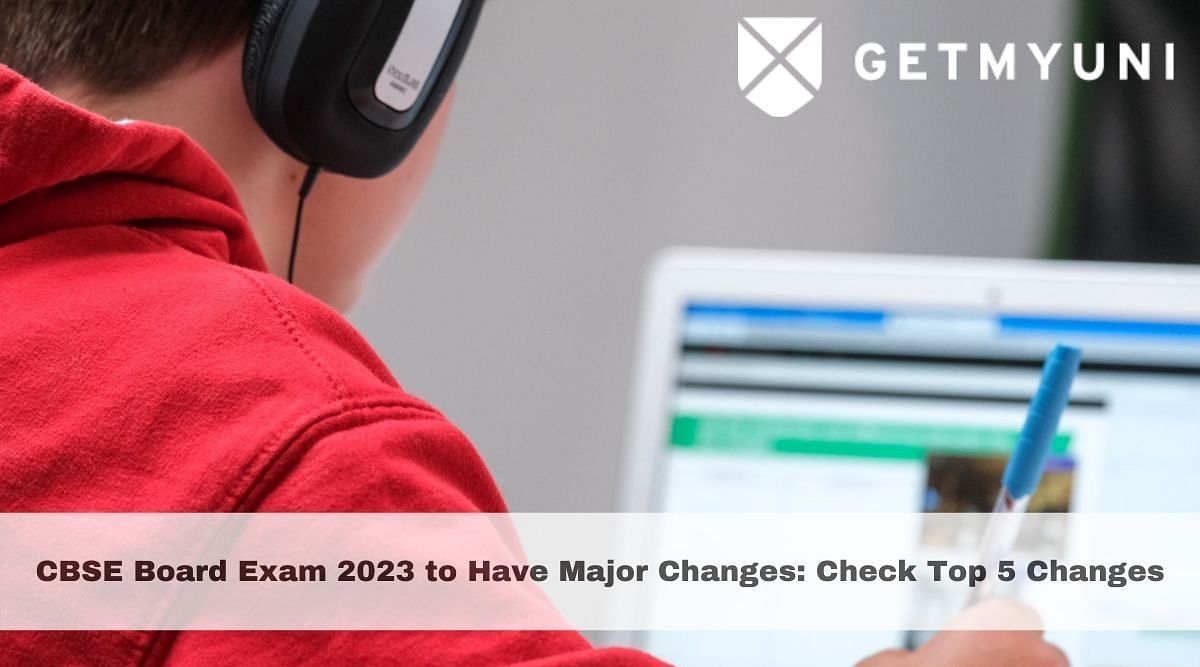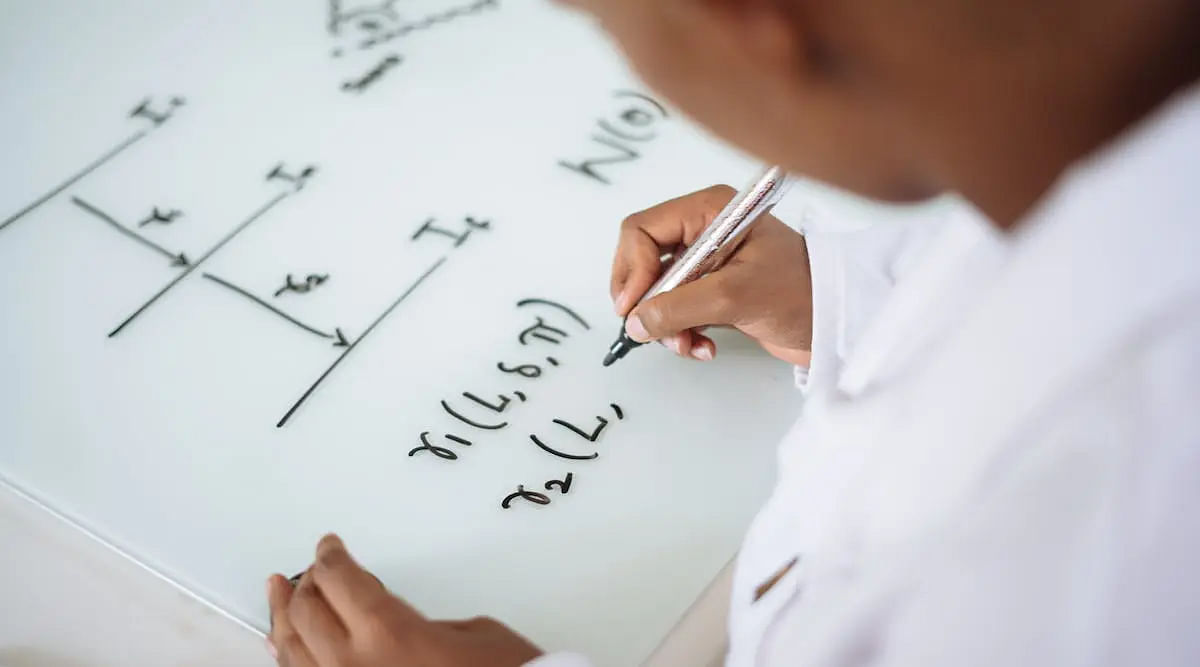CBSE Board Exam 2023 to Have Major Changes: Check Top 5 Changes by CBSE Secretary
CBSE is planning to make amendments to the exam pattern. This is to make the whole process more comprehensive, skill-based, and competency-based.
CBSE is planning to bring some significant changes to the exam pattern for both classes 10 and 12. The idea of bringing these changes is to make the whole process more comprehensive, skill-based, and competency-based. Also, these changes are primarily based on the National Education Policy (NEP-2020).
However, many of these changes have already been introduced in some schools, and based on the experience, this will be followed by all the schools from 2024.
Read More:
- CBSE Results 2022: Students Worried About their Results, Expected by the End of July
- CBSE 2022 Final Results Postponement Leads to Mockery Online
Top 5 Changes Listed Out by the CBSE Secretary
In a recent interview with India Today, CBSE Secretary Anurag Tripathi spoke about a few changes the CBSE board will implement in schools. The following are the major pointers emphasised by the Secretary.
20% Internal Assessment For All Subjects
Papers without practical exams will also have a 20% internal assessment mandatory for all the students. There will be projects, industry connections, social work, and sports. Furthermore, the students will be assessed by the teachers, parents, and peer groups of the students for the practical exam to score 20% marks.
Introducing 33% More Questions to Provide More Options
There will be two types of structural changes in the question papers. The first change is that CBSE has increased the number of questions by 33% internally to provide more choices for students. This would make the question papers longer, and students would be able to choose from multiple options.
Focus on Analytical and Critical Thinking
The board will introduce more questions based on skill and competency in this change. Ensuring that the students can think analytically and critically.
Focus on Assessing Structural Capability to Fill Learning Gaps
This particular change aims to achieve the structural assessment of a student. As per Anurag Tripathi’s interview, “Till now, there is no idea what the level is of a student from Class 1 to 10. We cannot identify the learning gaps and the level of learning for the student. The teacher never shared developments at these levels with the CBSE board,” said Anurag Tripathy.
“Now, we will do an assessment survey of these students in Classes 3, 5 and 8. This exam will not be like the common examination in which students score marks. Through these tests, we will intimate teachers and parents about the level of their child and how a student has improved from the earlier levels,” he explained.
360 Degree Assessment For Holistic Development of the Students
CBSE will introduce holistic assessment cards for the students, and the teachers and the parents will assess them. Moreover, these assessments will only be done as a pilot project in a few chosen schools from next year. If this experiment is fruitful and successful, these will be implemented everywhere from 2024, as quoted by CBSE Secretary Anurag Tripathy.
Follow GetMyUni for more such content on the Latest Education News.









POST YOUR COMMENT